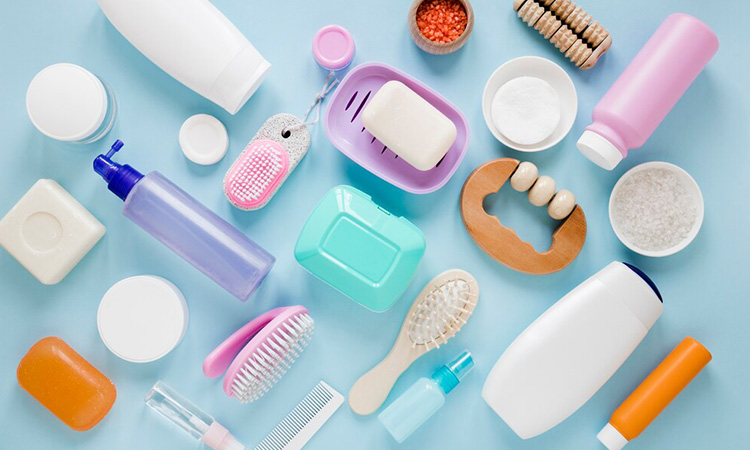Pregnancy is a time of joy, anticipation, and careful consideration for the health of both mother and baby. However, the ubiquitous presence of plastics in our daily lives raises concerns about potential impacts on pregnant women. Let’s explore how the use of plastics during pregnancy can influence maternal well-being and the health of the developing baby.
Chemical Exposure:
Plastics, especially those containing harmful chemicals like bisphenol A (BPA) and phthalates, can pose risks during pregnancy. These chemicals are known endocrine disruptors, and exposure during pregnancy may interfere with the delicate hormonal balance crucial for fetal development. Opting for BPA-free and phthalate-free alternatives can help mitigate this risk.
Food and Beverage Containers:
Pregnant women often use plastic food containers, water bottles, and kitchenware on a daily basis. The risk of chemical leaching increases when these items are heated or exposed to acidic foods. Choosing glass, stainless steel, or other non-plastic alternatives for food storage and consumption can reduce the likelihood of chemical exposure.
Plastic Packaging and Toiletries:
Cosmetic and personal care products often come in plastic packaging that may contain harmful substances. During pregnancy, it’s essential to be mindful of the products used on the skin. Opting for products with minimal plastic packaging and scrutinizing ingredient lists for potential toxins can contribute to a healthier pregnancy routine.
Environmental Pollution Concerns:
Plastic pollution in the environment is a global issue, and pregnant women may inadvertently contribute to this problem. Consuming fish contaminated with microplastics or living in areas with high pollution levels can expose pregnant women to additional risks. Being mindful of environmental surroundings and making sustainable choices can help reduce this impact.
Plastic Household Items:
Household items like furniture, flooring, and electronics often contain plastics. These items can release volatile organic compounds (VOCs) into the air, contributing to indoor air pollution. Ensuring proper ventilation and choosing items made from alternative materials can create a healthier indoor environment for pregnant women.
Educational Resources and Choices:
Pregnant women can empower themselves by staying informed about the potential impact of plastics. Reading product labels, choosing eco-friendly alternatives, and seeking guidance from healthcare professionals can help women make conscious choices that support a healthy pregnancy journey.
The impact of plastics on pregnant women underscores the importance of making mindful choices during this crucial time. By opting for safer alternatives, reducing exposure to harmful chemicals, and being aware of environmental factors, expectant mothers can navigate their pregnancy journey with a focus on both personal well-being and the health of their developing babies. In the pursuit of a healthy and sustainable pregnancy, every choice matters.
Next On Your Reading List:


